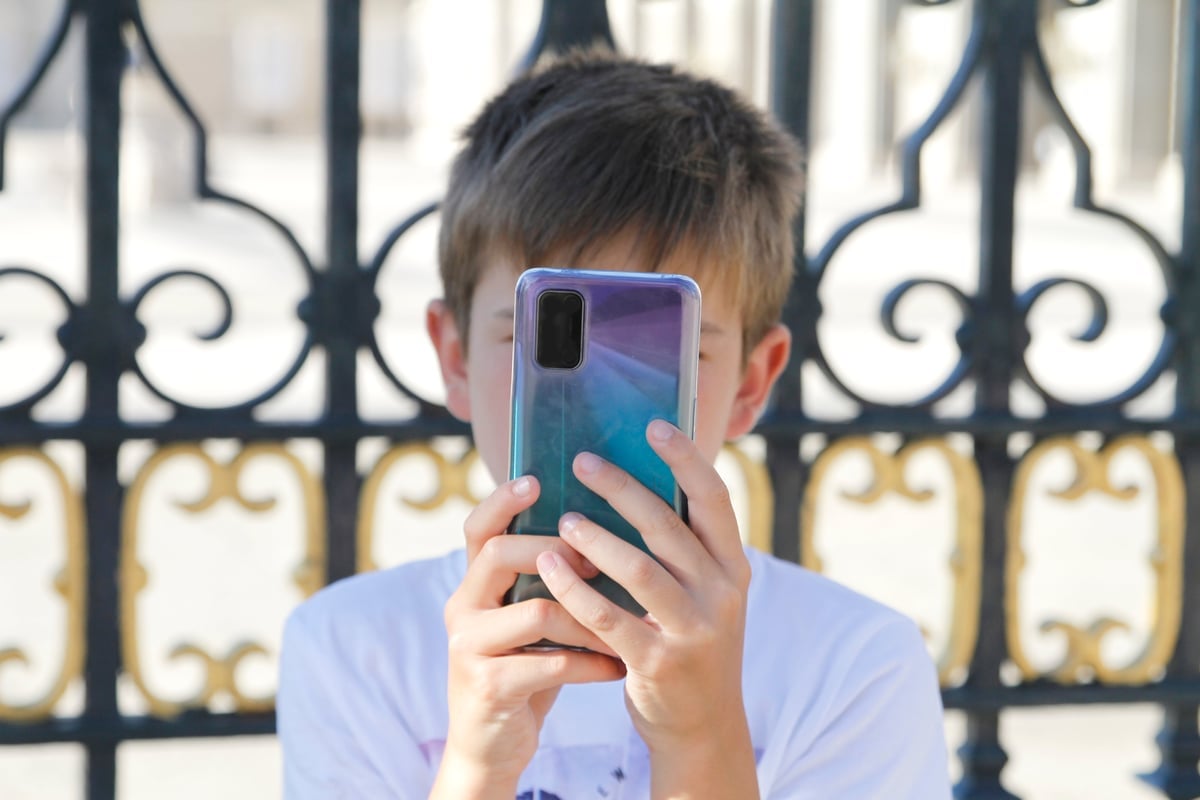
Channel 10’s Mirror Mirror has brought numerous revelations to the forefront, mostly regarding the dangers of the internet for children and teens.
While audiences were shocked by host and journalist Todd Sampson’s exploration of Omegle in the most-recent episode, he also delved into the world of online game Fortnite, and how anonymous online communication has led to the exploitation of children.
Ryan*, the father of a 12-year-old boy appeared on the show to tell his story, sharing how his son was the victim of online abuse.
The young boy, who said he often spent 10-15 hours a day playing Fortnite, was exposed to a predator via the chat function in the game, who went on to solicit pictures from him.
“At some point, it migrated from talking on Fortnite to being told to download Whatsapp on his phone,” Ryan explained to Sampson.
“So he downloaded WhatsApp and then saved his person's number as BFF, which is ‘best friend forever,” he continued.
“And this person would text and text and call. I was like, "Who is this BFF? Oh, just a friend from school". I asked what's the name and he couldn't tell me.
“I grabbed the phone and went into his messages and I was mortified at what I found. They asked for pictures in return for $300 worth of Xbox vouchers, which he didn't even think twice. He just provided it to them.”




Top Comments